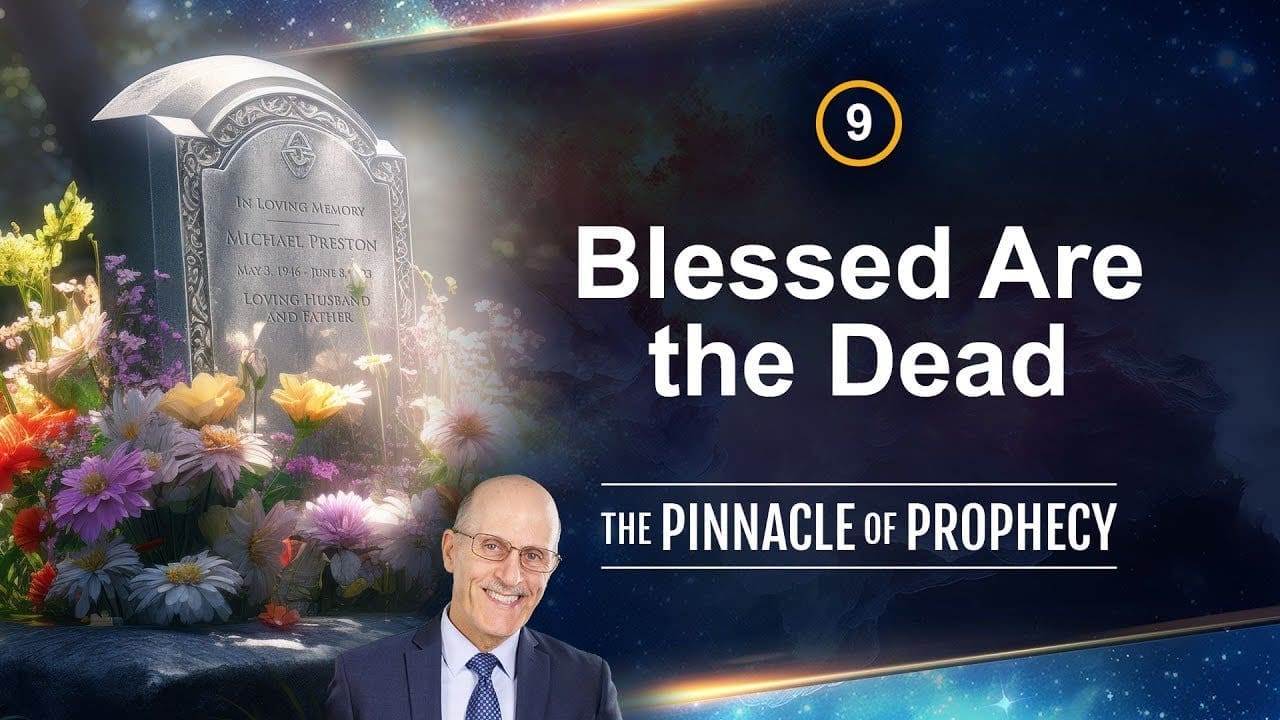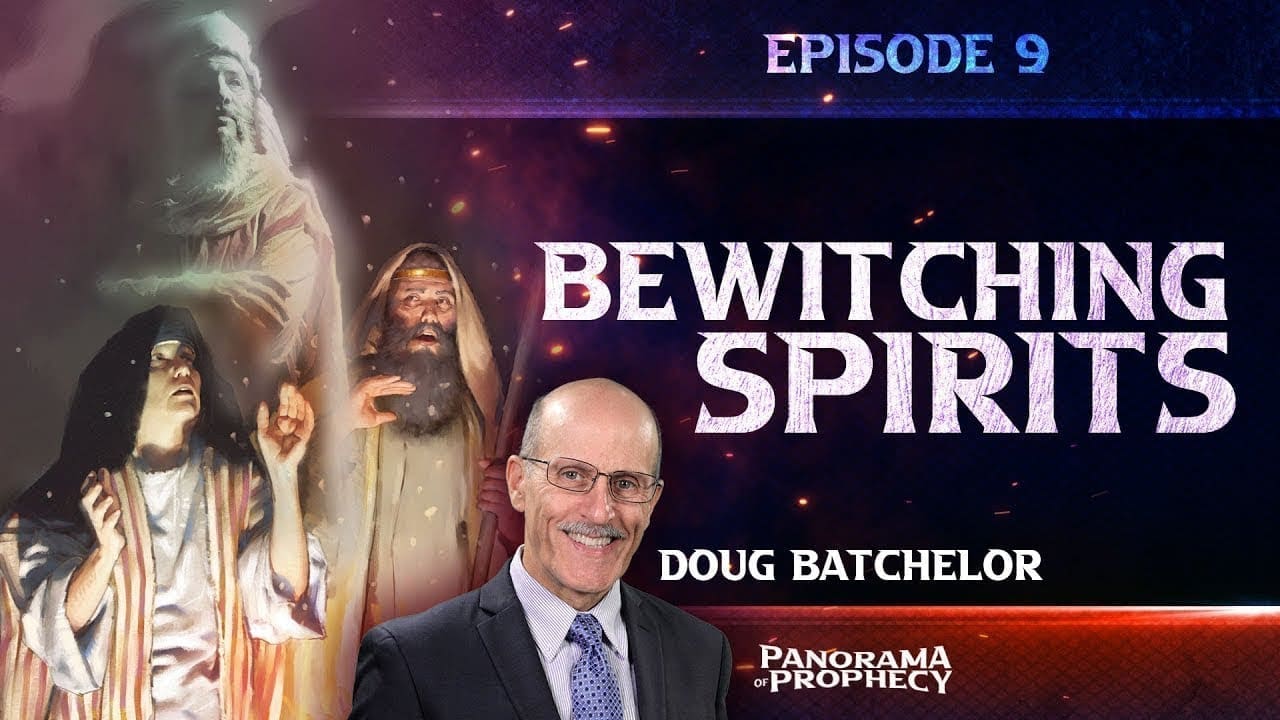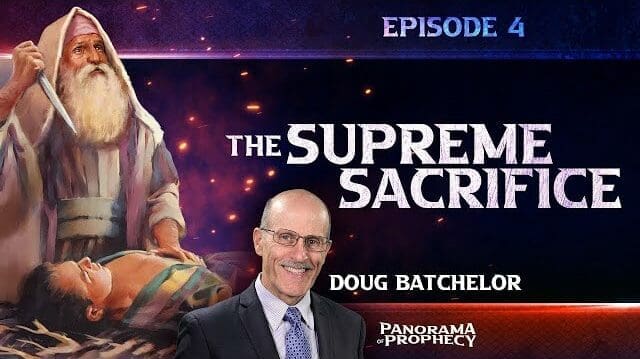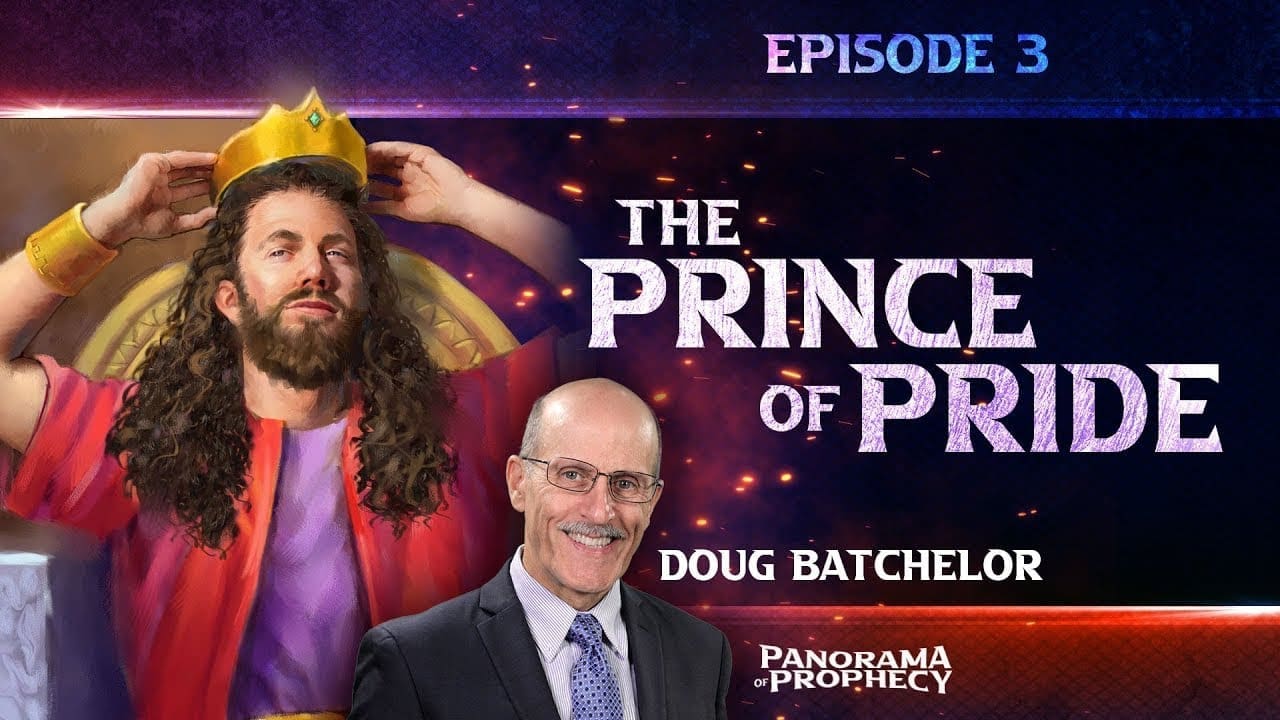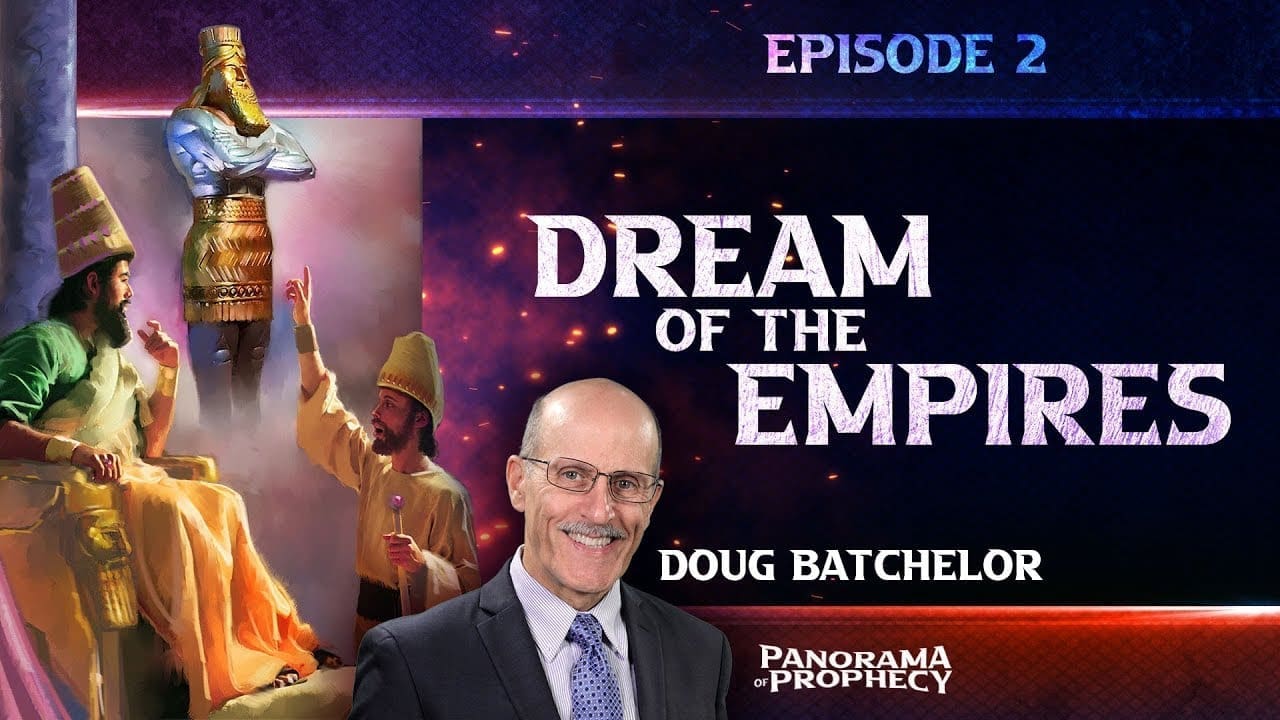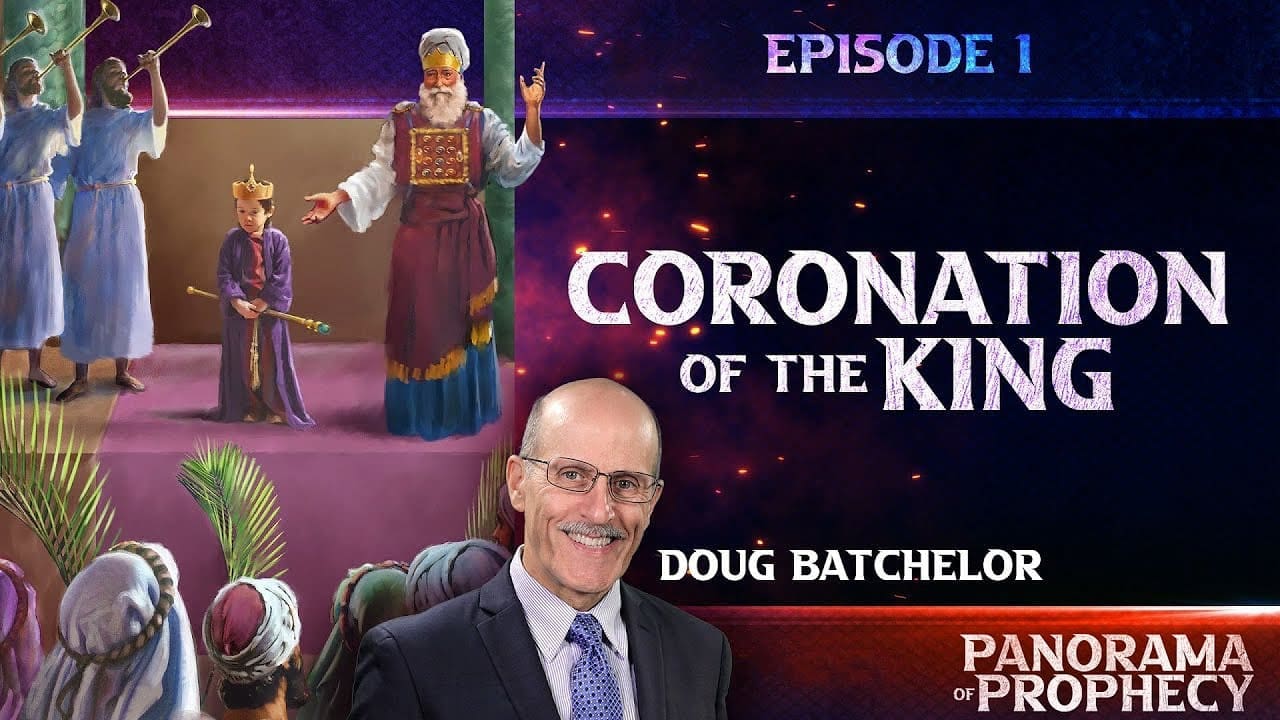The text in question, Matthew 10:28, carries an important message about fear and the nature of the soul. Jesus Christ, in his teachings, often spoke of the persecution that his followers would face. He warned them about the challenges they would encounter because of their faith, and he assured them that their bodies may be killed, but their souls would endure.
The interpretation of this verse depends on how one defines the term “soul.” Some interpret the soul as an immortal, intangible aspect of our being that continues to exist after death. If read with this understanding, Jesus’ words appear to confirm the indestructibility of the soul. However, if we consider the soul as the combination of the body and the breath of God, as mentioned in Genesis 2:7, then Jesus’ words signify the promise of a future life even after the current one ends. He assures his followers that although their bodies may be destroyed, he will resurrect them, and their souls will live again. Thus, the verse remains valid even when considering the idea that humans “sleep” in death, awaiting the resurrection.
However, the verse itself provides further clarity on the matter. The second half of Matthew 10:28 states, “But rather fear Him who is able to destroy both soul and body in hell.” This indicates that the soul can indeed be destroyed, and that hell is the place where souls go to die. This raises questions about the concept of eternal torment in hellfire, which is a separate topic.
Thankfully, additional evidence is available to shed light on this subject. We find support for Jesus’ words in other scriptures, such as Ezekiel 18:4 and 18:20. In these passages, God states that all souls belong to Him and that the soul that sins shall die. The responsibility for destroying the soul lies solely with God, the righteous Judge.
In summary, Matthew 10:28 carries a message about the fearlessness of the soul in the face of physical death. It does not provide conclusive evidence regarding the nature of the soul, but when read in conjunction with the rest of Scripture, it supports the notion that the soul can be destroyed. This understanding aligns with passages in Ezekiel. The final judgment and the destiny of the soul rest in the hands of God, who has the power to destroy the soul in hell.








